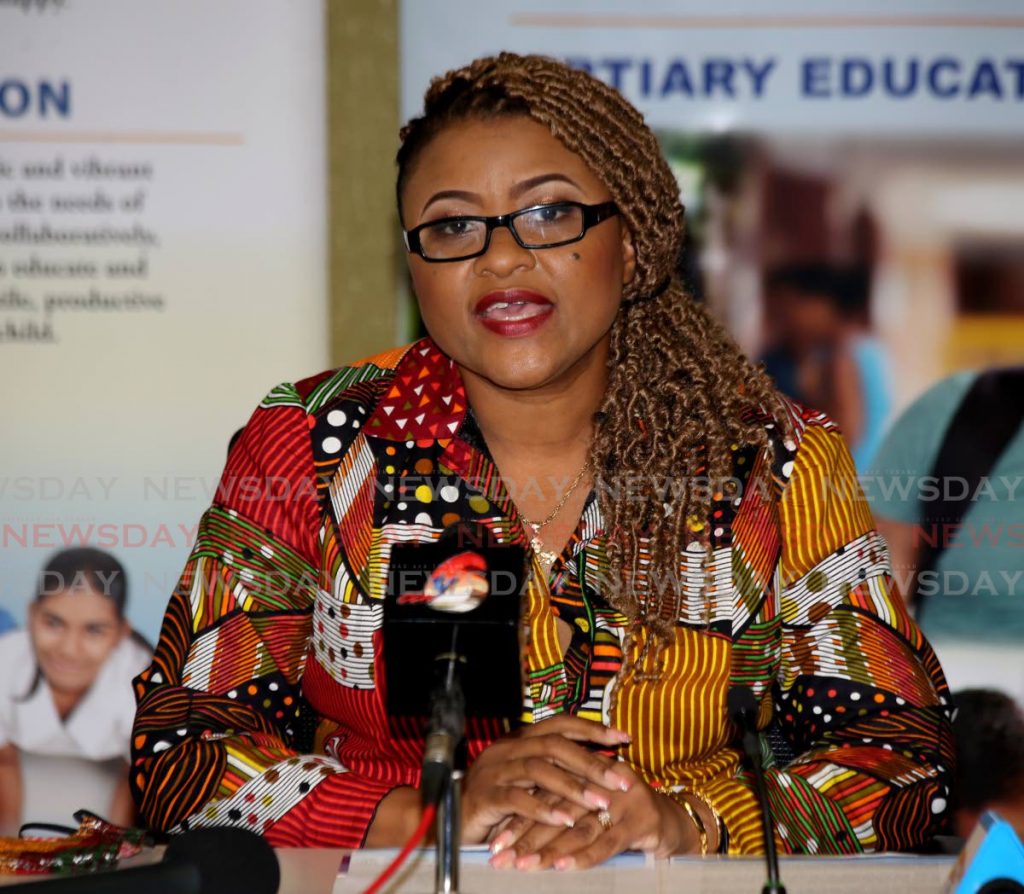A blackout on duty

EVENTS in virtual classrooms on Thursday taught the country this: though profound change has swept the education sector because of covid19, one thing, tragically, remains the same. Children continue to be used as mere collateral by adults in order to address their grouses.
The word “strike” need not be uttered in order for us to reach a conclusion on industrial action. Ministry of Education officials reported more than half of the teaching population did not attend classes, a rate of absenteeism plainly in excess of the norm. Thousands of students saw that “Sir” and “Miss” stayed home out of vexation. Or rather, they were home but did not log on.
The impact of action like this is not limited to one day alone. Teacher absenteeism puts pressure on the State to find and hire costly substitutes. Arbitrary absences can adversely affect academic performance. Students look up to teachers and can imitate their actions.
Frustrated, tired, underpaid and under-supported teachers may feel justified in relieving themselves of their duties for one day.
But it is hard to see merit in any measure that not only harms their charges but also comes perilously close to flouting existing policies, rules and laws.
The State, too, cannot be absolved of blame. It has been clear for some time now that teachers, and their union representatives, have been uneasy on a range of issues and processes in relation to the ongoing management of classes amid the pandemic.
Minister of Education Dr Nyan Gadsby-Dolly on Thursday held up seven consultation meetings, providing laptops to teachers, physical upgrades to infrastructure completed since last year, unspecified training in online delivery and her ministry’s willingness to be flexible in the crafting of guidelines for individual schools ahead of the planned resumption of in-person classes next week.
But claims that teachers have been disrespected by the ministry and that only three consultation meetings involved the union have left a bitter aftertaste.
If the ministry has tried to be flexible in its approach (vaccines have not been mandated for teaching staff) that has clearly done little to pour oil over long troubled waters. A new tack was needed.
It is that telling there is a perception that indiscipline among teachers is not adequately dealt with by the State at a time when many people are unemployed and university students are rushing to apply for teaching jobs.
The minister might feel her hands are tied; teachers may feel they have done no wrong. Because of the outcome this week, both must get a poor grade.
It is not too late for this impasse to be resolved before World Teachers Day next Tuesday, when further absences are planned.
Indeed, Monday’s budget presentation is a prime opportunity for the Government and teachers to log back into cordial relations.


Comments
"A blackout on duty"